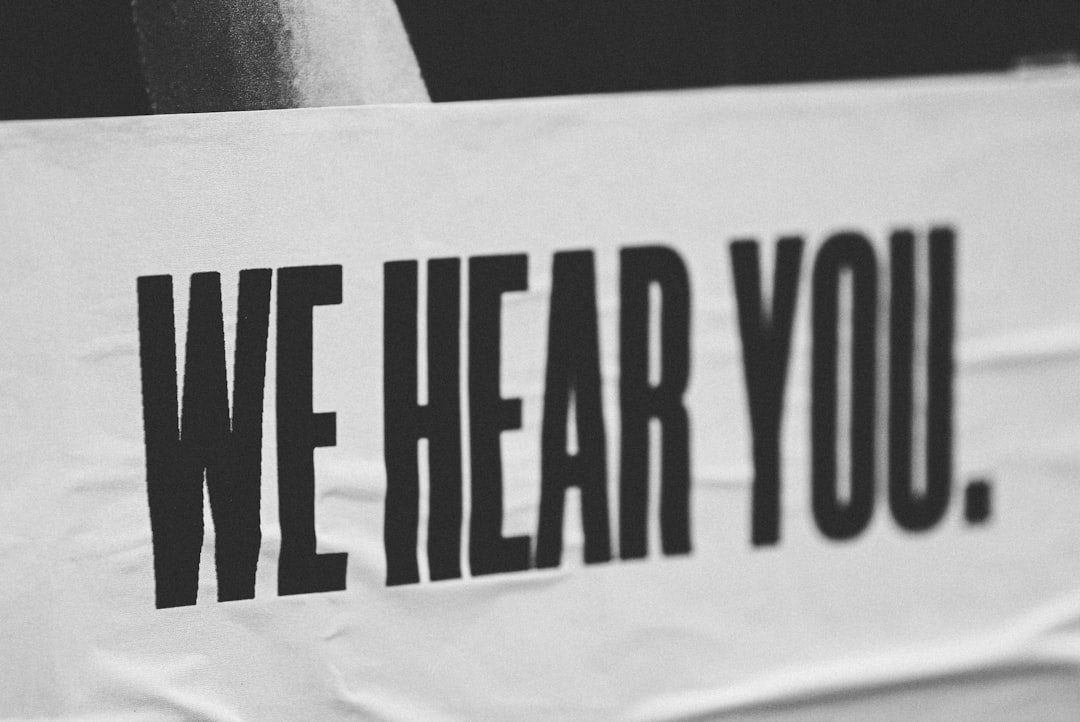Recently, a friend and I were talking about gun violence in Durham.
Specifically, we were talking about finding participants for a community listening project called Prescriptions for Repair (P4R).
P4R is a new community program intended to listen to survivors of gun violence. The hope is to center the folks most impacted and use their wisdom to create programs that effectively address and prevent gun violence and provide survivor care.
One of the founders of P4R is a pediatric surgeon at Duke.
You know why he wanted to start this project?
He’s tired of pulling bullets out of children.
He’s tired.
Of pulling bullets.
Out of children.
Here. In my town. Our town.
Let’s let that sink in for a moment.

Ok.
So.
My friend and I were talking about “recruiting” participants for Prescriptions for Repair.
My friend said, only half-joking, “Heck, we can just call up people we know. It’s hard to live in Durham without knowing people directly impacted by gun violence.”
I nodded.
But inside I was thinking: As a middle-class white woman who moved here as an adult, it’s very easy to live in Durham without being directly impacted by gun violence.
Sure, I hear gunshots sometimes.
I mean. This is America, after all.
And sure, our next-door neighbor’s windshield was shattered by a stray bullet our first New Year’s Eve here. (From a bullet that’d been shot into the air at midnight.)
And yes, we’ve had a couple of very scary incidents on our block over the past 20 years.
And definitely, our cars get broken into a few times a year by folks looking for a handgun or money in the glovebox.
(By the way, Durham: this is how most illegal handguns are attained. From the gloveboxes of cars.)
None of this is optimal.
But Durham’s gun violence, for the most part, is not a daily, minute-to-minute, existential threat to my life.
What it IS is:
a constant nagging worry, especially at large events where I could be randomly targeted.
a frustration. Because we don’t have to live like this.
a sigh of lament every time I read the news about another fatal shooting in Durham.
a scanning, always, for that last line in a news article: Police say this shooting does not appear to be random. Or: Police say this appears to be an isolated event.
Well, well, well. Look at all the heavy-lifting that one little sentence does.
Look at the difference between a fatal shooting in a “bad” part of Durham that does not appear to be random versus a fatal shooting at a Target that does appear to be random.
Look at the difference between a fatal shooting near NCCU that does not appear to be random versus a fatal shooting at UNC that does appear to be random — at least at first flush.
Look at the responses from law enforcement, media, social media, and the community.
These fatal shootings are handled differently in almost every way.
And a shooting at a school? Random or not? It just “hits different,” as the kids say.
But why?
I’m genuinely asking.
Why?
Do we expect schools to be safer than our neighborhood streets and parks?
Again: why?
It’s not just because schools have lots of children; it’s not because we care about children more than adults. If that were the case, we would care about all neighborhoods, because all neighborhoods have children.
So — why?
Comparing tragedies is treacherous territory.
I hear you. I get it.
Comparing pain and trauma — thinking that one harm is “worse” than another — it’s not humane nor compassionate.
All tragedy is tragedy.
Stated. Agreed. Stipulated.
All homicides take the life of someone who is loved by others, desperately or deeply or however else we loved them.
Plus: comparisons can be a sign of compassion fatigue or secondary trauma.
Aren’t so many of us just plain burnt out from all the shootings and killings?
God knows I am tired. As in, weary.
Which, yes, is why I always look for that last line: this shooting does not appear to be random.
The work that “This shooting does not appear to be random” is doing
It lets me breathe a sigh of relief.
It lets me know this incident was … targeted.
It lets me think that, hopefully, my child, my husband, my mom, my self - we aren’t at more than ordinary risk.
Why?
Because we’re not involved in … you know … “those” activities.
With “those” kinds of people.
Oop.
Record scratch.

Back it up, J.J.
What kinds of people?
People with guns?
No, that’s not it.
Because I know a whole lot of people with guns.
So… criminal people?
Dang it. Y’all, we’ve talked about this before. We are all criminals.
And yet.
That line — this shooting does not appear random — it allows me to think that the victim was mixed up with the “wrong sorts of people.”
Drugs, probably.
Violent gangs, probably.
In other words, it lets me distance myself from the pain and suffering and fear and worry and horror.
It lets me think this is happening to a them.
Not to a me.
Not to a mine.
Not to an us.
It lets me off the hook.
It allows me to look away.
I don’t want to look away, though.
As I write this (on September 3, 2023), 33 people in Durham have died by homicide so far this year, mostly by gunshot. Six of these victims were under the age of 18.
And that’s “just” homicides. Far, far more people have been shot.
According to a recent analysis, Durham ranks 6th in the nation for “Cities with the Biggest Homicide Rate Problems.”
Memphis, TN
New Orleans, LA
Richmond, VA
Washington, DC
Detroit, MI
Durham, NC
That’s a hell of a list.
So we in Durham, we’re always talking about this, right? It’s always top of mind, right?
Right?
Um … depends again on who the “we” is.
At the very same time people are being shot and dying, U.S. News and World Report ranks Durham (well, Raleigh-Durham, which is an airport code, NOT a city) the #3 best place to live in the nation.
Best place to live … for whom?
There’s something particularly scandalous about Durham’s popularity and the frenetic building boom of high-end condos while so many of our neighbors are being gunned down just a few blocks away.
It’s obscene.
Who is the “we” who are affected?
Who is the “we” who let ourselves be distanced?
Who do we count as “we”?
Who is “them”?
Why can I live in Durham and find it quite easy to not personally know someone physically harmed by gun violence, when my dear friend can’t?
Nah.
None of it sits right with me.
I don’t like that it’s happening - and I don’t like the distance.
“Whatever you do to the least of these, you do to me.”
Shiiiit.
That story, that saying? It means something to me.
Does it mean something to you?
I do not want to imply that some people are the “least” and some people are the “most.”
What I do want to imply is what I take from the saying: that we cannot turn our backs on suffering.
Ever. Period. The end. Full stop.
But how do we do this?
How can we keep our hearts open and avoid burnout?
How can we keep from turning away while also tending our own needs?
How can we never avert our eyes?
How can we live in a way that merges “me” and “we” and “them” into one big, wide “us”?
What, you thought I would have the answer? As we come to the end of this dispatch?
I don’t. I do not have the answer.
Compassion + action = hard work.
Grueling, often.
Mother Teresa reportedly “wrote in her plan to her superiors that it was MANDATORY for her nuns to take an entire year off from their duties every 4-5 years to allow them to heal from the effects of their caregiving work.”
I ain’t no nun engaged in MT’s line of work. I’m waaaaaay too petty (and I get scared of sickness way too easily) and foolhardy for a nun’s life.
But/and I certainly can’t take a full year off every 4-5 years. Can you?
Probably not, is my guess.
Well then. The questions remain: How can we support each other? How can we make care and compassion happen in a sustainable, thoughtful, life-affirming, wonderful, enriching way?
Those last parts are important.
Remember what Emma Goldman said:
If I can’t dance, I don’t want to be part of your revolution.
The dancing part of the revolution is real important.
I know that much is true.
The rest?
I don’t have it figured out.
But every day I’m working on my dance moves - and also yes, expanding the “us.”
And I trust you are, too.
I trust you don’t let the “this shooting does not appear to be random” line serve as an excuse to distance “me” and “you” from “us” and “we.”
Let’s us and we, let’s not look away.
There’s too much work to do.
XOXO






Love the way you dig into our reflexive responses. So much to do.